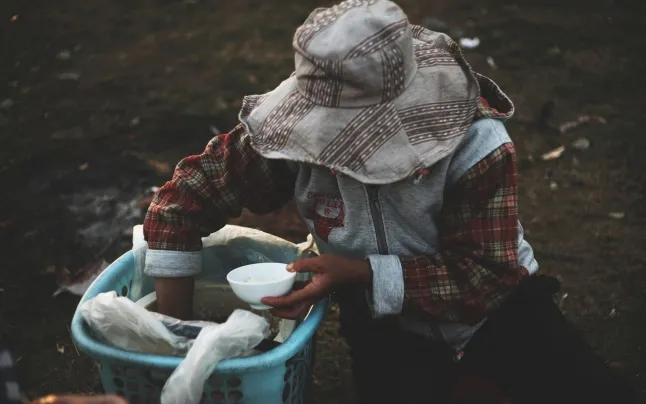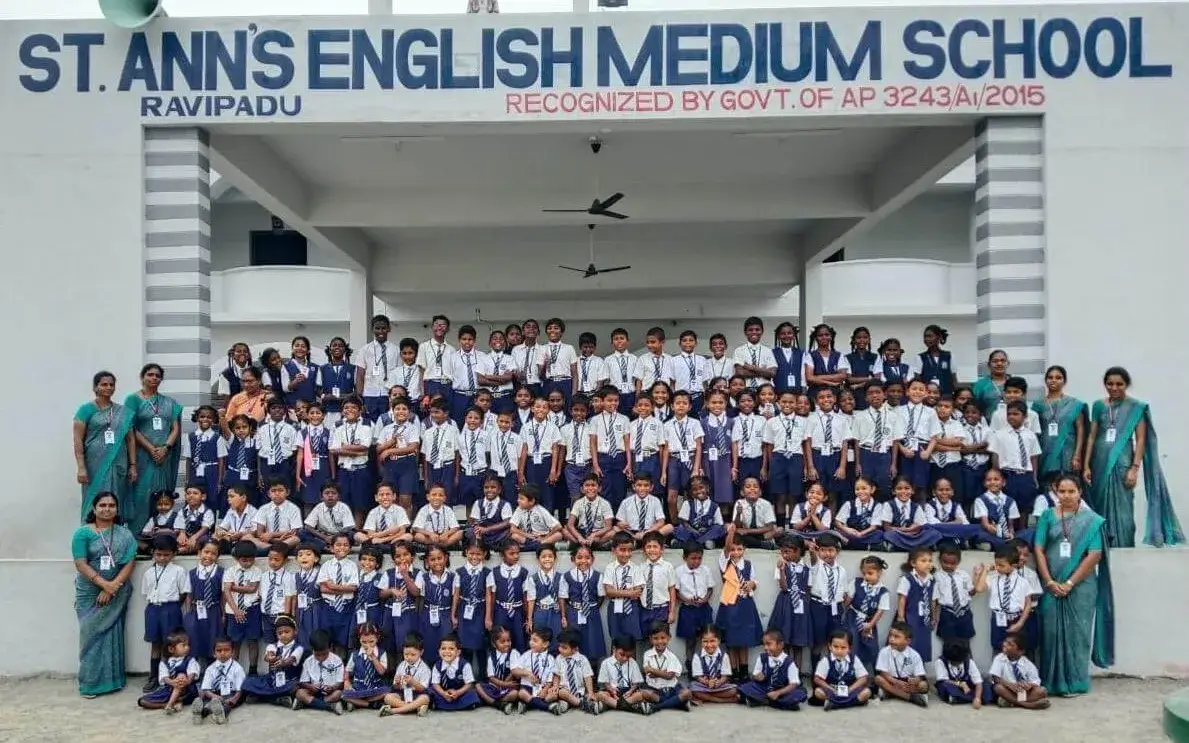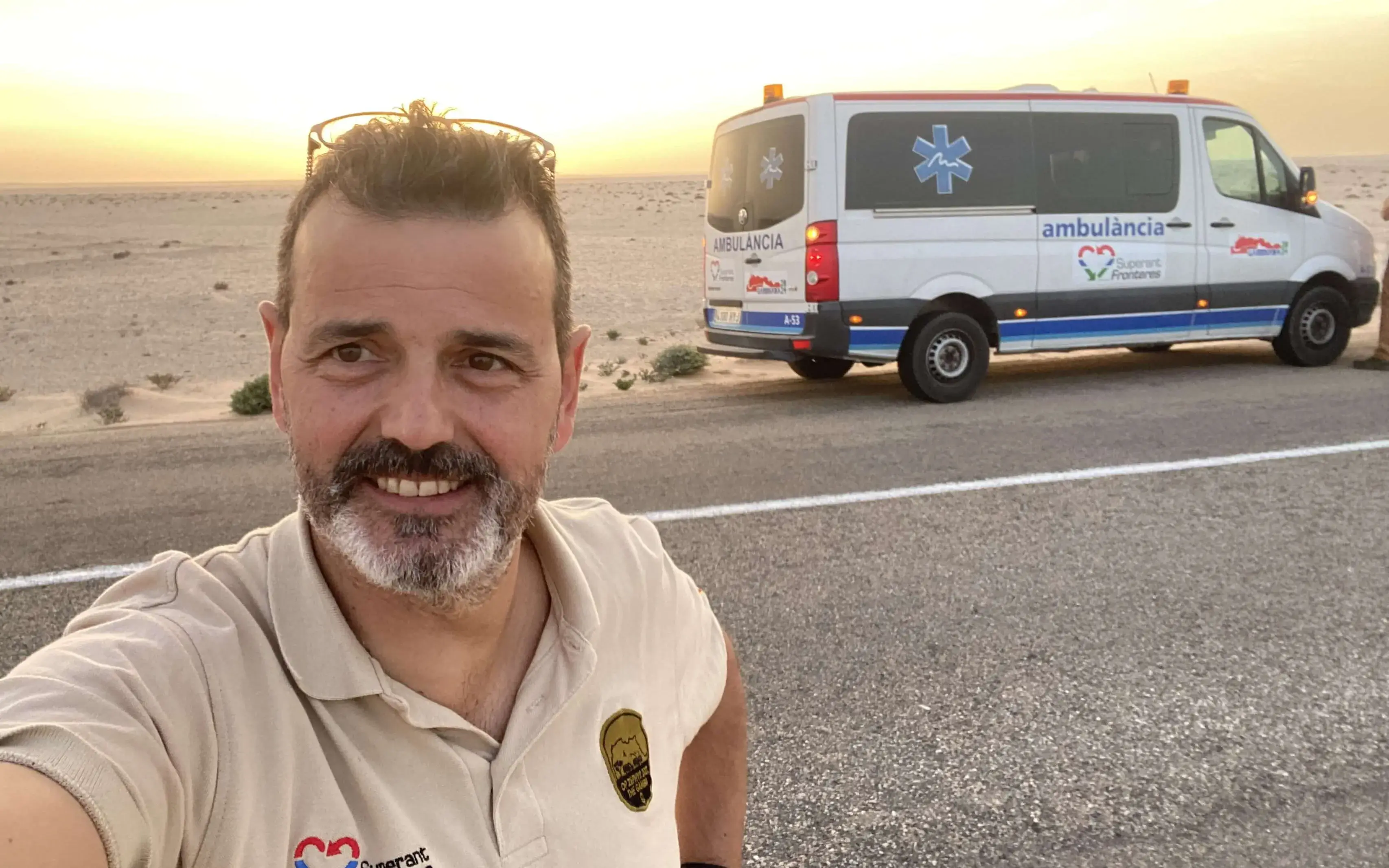The pandemic is affecting 180 countries around the world. The epicentre is Europe, the United States and China, though not all governments have the same reaction capacity, nor the resources, nor the support networks for the population.
International cooperation organisations have seen their programmes impacted and are working to adapt to the new situation unleashed by the coronavirus while they keep providing humanitarian assistance and development cooperation.
Oxfam International has currently 200 ongoing programmes in 65 Latin American and African countries. With these projects they respond to humanitarian and development needs that already existed before COVID-19 and that will persist, even more virulently, once the health crisis has passed.
Xavier Palau, director of the Oxfam's international cooperation department, explains that they have different areas of work: "firstly, we are adjusting the projects to the realities of confinement and to the needs of preparation and response to the pandemic. Secondly, we have detected new humanitarian response needs that should allow the communities to face the pandemic". The organisation believes that it is important to influence the government decisions on economic and social affairs to not to forget the most vulnerable people and stop inequalities.
The health crisis has hit international and national Acción contra el Hambre programmes, explains Alicia García, the organisation's communications manager. They also fear the consequences it will have in the poorest countries. "It will affect nearly 50 countries where we work, all of which with weak health systems that are unprepared to deal with a health emergency of such scale as the one we are seeing in Europe".
The Ulls del món Foundation is also concerned. They work aiding people with no resources who become blind from preventable or curable causes. The guidelines for anticipating and fighting eye infectious diseases are very similar to those established to fight the coronavirus.
The teams located in different territories where Ulls del Món work are adopting appropriate safety measures. And, like the two entities mentioned above, they are offering their collaboration, experience and aid to the health authorities of these countries to avoid further infections, according to their website.
The same old story for many countries already suffering from other epidemics. Malnutrition is a risk and death factor for children infected with coronavirus or other diseases like cholera, malaria or Ebola. Acción contra el Hambre fears that malnutrition will make people even more vulnerable in tackling coronavirus.
In Mali, there are three respirators for every million people
In this scenario, international cooperation organisations - which are used to work under pressure and in critical circumstances - have learnt from experience that adaptation, prevention and cooperation are fundamental tools to keep working.
"Most of Oxfam workers are confined and we have had to adapt to this situation and look for new ways of working that guarantee the most essential tasks with many local organisations", explains the organisation's manager. Besides, they are also working to increase measures to protect the teams and staff, knowing the high risk that the pandemic will affect developing countries in a virulent way.
Palau gives an example of the fragility of the public health system in certain countries: "in Mali, there are three respirators for every million people, in Zambia, they have one doctor per 10,000 inhabitants, which is why we are doing preparation and prevention work since the nation's response capacity to an emergency is very limited".
Acción contra el Hambre has also opted for emphasizing the prevention programme from water and hygiene promotion: "not only by the redistribution of basic hygiene materials but also by the hand-washing and disinfection points. We will also try to strengthen the protection of the medical teams and provide individual protection material".
Communication is also a key area in times of crisis to explain prevention and social distancing measures to the population. Thus, Acción contra el Hambre is strengthening community networks, contacting with local leaders and the media to coordinate a task of raising awareness regarding basic hygiene and prevention measures and how confinement should be carried out.
However, they admit that "it is going to be much more difficult to confine those who are homeless or living in a refugee camp or those who depend on formal economy to make a living", says the NGO's manager.
Humanitarian workers are an essential service
Most developing countries have acted long before Spain. They are aware that their health system is not capable of dealing with an avalanche of patients like the one assumed by the Spanish health system. "With very few cases of infection from COVID-19, movements have already been restricted in Colombia, Lebanon, Peru, Syria, Philippines, Mali and Mauritania", says García.
Nevertheless, what seems a good measure to stop infections becomes another hurdle in the daily life of local workers and organisations. "We are working to ensure that our humanitarian workers are considered essential and are not restricted in their movements", they say.
According to Palau, each country is applying different measures and strategies: "there are governments which are closely collaborating while others don't". However, he assures that countries with whom they have collaborated for years, coordination is much more fluid and recommendations can even be made to institutions to assure that this health crisis leaves no one behind.
Mitigate poverty and hunger
When the pandemic decreases, its social and economic consequences will have to be addressed. Entities are preparing to care for the most vulnerable people, both national and international. The economic impact will be more severe in weaker states where the most affected families will not have state protection measures such as unemployment benefit.
In this sense, Alícia García foresees that they will be prepared to "implement both the distribution of food and cash to help the families who are having the worst time and to contribute to the economic activity recover when it is possible to overcome the health emergency".
Coordinated work and cross-learning
The entities accord in saying that cooperation and cross-learning is necessary. Palau thinks that is important to help the populations to absorb the shock in the least traumatic way possible and the communities to adapt to the new situation. At the same time, he reflects on what we have to learn: "we have to take advantage of the opportunity of this crisis to transform society, the economy and culture towards a world in which the rights of people, and mainly of women, are at the centre".









Add new comment